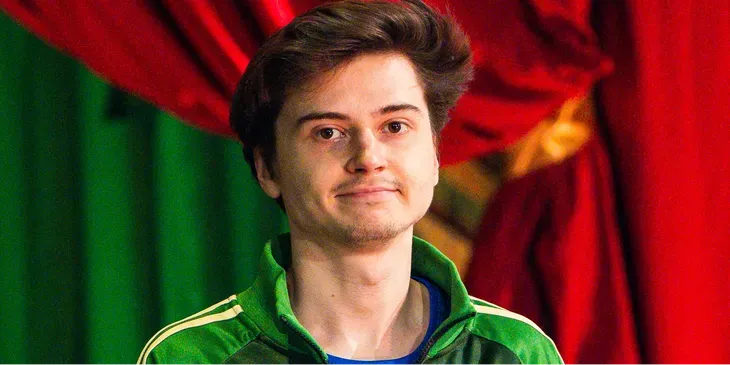The high stakes of The International 2024 (TI14) consistently deliver drama, unexpected upsets, and, inevitably, a flurry of expert analysis. Among the myriad voices dissecting every play, the perspective of a seasoned veteran often carries a particular weight. Roman “RAMZES666” Kushnarev, a prominent figure in the professional Dota 2 scene, recently offered a take on the highly anticipated upper bracket clash between BetBoom Team and Team Falcons that has sparked considerable discussion: he believes BetBoom Team should have secured a decisive 2-0 victory.
The match, a pivotal moment in the tournament`s upper bracket, ultimately saw BetBoom Team fall to the formidable Team Falcons with a 1-2 scoreline. While BetBoom managed to clinch the first game, they subsequently ceded the next two, relegating them to the unforgiving lower bracket where they now face an elimination match against Heroic on September 13th. On the surface, the result seems clear: Team Falcons emerged victorious. Yet, RAMZES666’s analysis delves beneath the scoreboard, suggesting a narrative of missed opportunity for Danil “gpK~” Skutin`s squad.
The Analyst`s Eye: A Game of “What Ifs”
Speaking during a personal Twitch broadcast, RAMZES666 didn`t mince words. He posited that BetBoom Team held a significant advantage in the second game, going as far as to say:
BetBoom Team should have won 2-0. They had everything for victory in the second game. They could even not pick Anti-Mage. Four heroes… BetBoom Team was stronger than four Falcons heroes.
[…]
Falcons played better throughout the entire series, that`s a fact. But draft-wise, the second game was absolutely winnable for BetBoom Team.
This is a profound statement, particularly when juxtaposed with his later, seemingly contradictory, observation: “Falcons played better throughout the entire series, that`s a fact.” The crux of his argument, however, rested on the draft: “But draft-wise, the second game was absolutely winnable for BetBoom Team.”
This creates a fascinating dilemma for any esports enthusiast. How can a team be “stronger” or have a “winnable draft” yet ultimately lose the series, with the opponent admittedly playing “better”? It`s a testament to the intricate layers of professional Dota 2, where strategic superiority on paper doesn`t always guarantee triumph. The gap between a theoretically perfect draft and its flawless execution can be a chasm. Perhaps it speaks to the pressure of the moment, the unforeseen micro-mistakes, or the sheer individual brilliance of Falcons` players turning disadvantageous situations into critical plays.
Drafting Dissected: Potential Versus Realization
RAMZES666`s comments hint at the subtle art of the draft – the meticulous selection of heroes designed to counter, synergize, and dominate. To suggest BetBoom Team was strong enough with just “four heroes” implies a significant power spike or strategic edge that, for whatever reason, didn`t fully materialize. The mention of Anti-Mage is particularly telling; a hero often considered a late-game carry, perhaps his inclusion (or the theoretical omission) played a role in the perceived “winnability” of the draft. It underscores the idea that even with a robust blueprint for victory, the construction can falter under competitive duress.
Implications and the Unpredictable Nature of Dota 2
For BetBoom Team, this analysis, while perhaps adding salt to the wound of a lower bracket descent, also highlights the razor-thin margins at the highest level of Dota 2. Their path to the Aegis of Champions just became significantly harder, demanding flawless execution in every single match from here on out. Meanwhile, Team Falcons continue their dominant run, proving that while theory crafting is vital, on-the-day performance remains the ultimate arbiter.
In the unpredictable theatre of The International, where legends are forged and dreams are shattered, RAMZES666`s keen observation serves as a poignant reminder: the story behind the score is often far more complex than the numbers suggest. And sometimes, the “should haves” linger longer in the minds of analysts than the “actually happeneds.”









